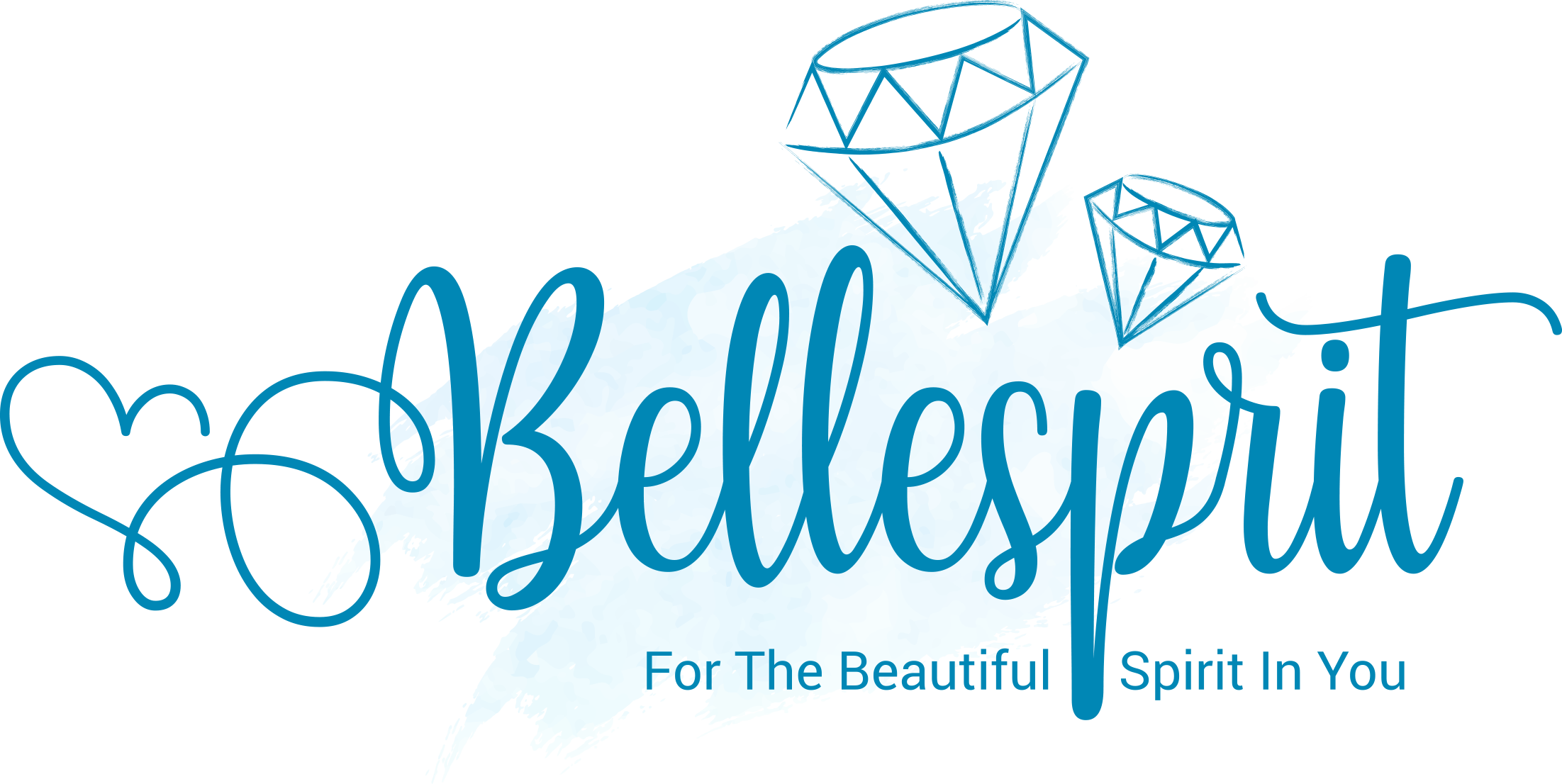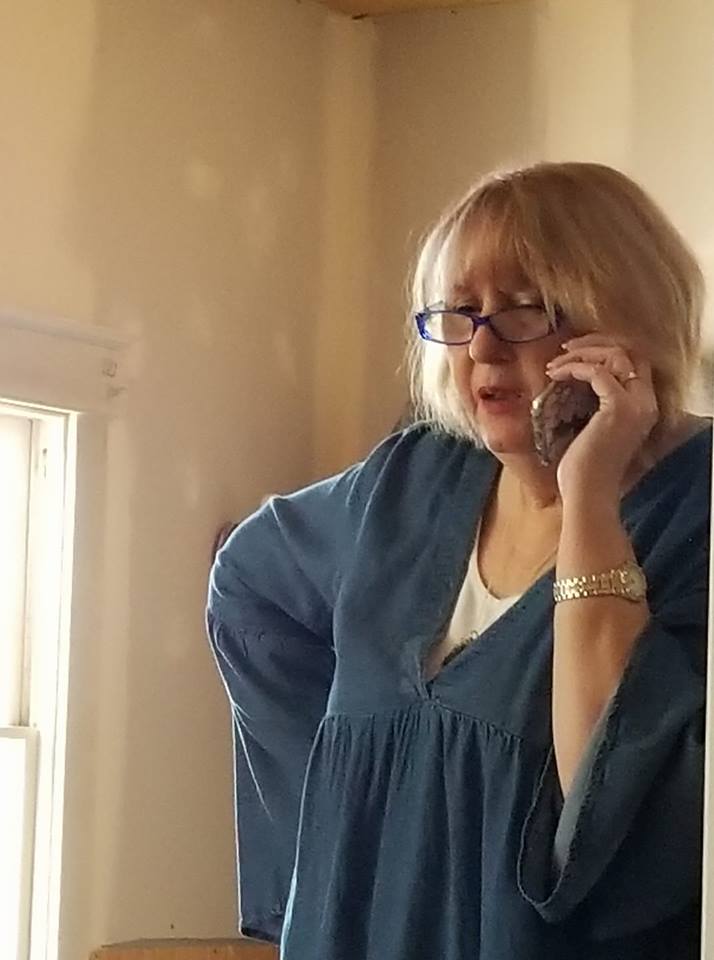There is now more mounting evidence than ever that living with present moment awareness can transform thoughts, feelings and behaviors to create a more peaceful, fulfilled and contented way of living. In this busy day and age of fast living, this most simple of practises can be like a breath of fresh air to calm our mind and emotions, bringing our whole system back into balance. Why now? The whole of humanity is experiencing a shift in consciousness; we are becoming lighter and brighter beings. We are already living more in the now than we realise, as we are now entering into a new level of consciousness where things don’t operate quite the way that they used to. Whatever we focus on is being amplified and created at a faster rate than before, it is becoming increasingly uncomfortable to settle for anything less than our true hearts desires and happiness in our work, relationships and all areas of our lives. Anything that isn’t light and bright within (old pain, fears and unresolved feelings) are surfacing to be released. Many are finding that their intuition and psychic senses are awakening or getting stronger. This is occurring as we are stepping into our expanded selves which have a deeper urge for happiness and expression of our true selves than we’ve ever had before. Practising mindfulness can help to bring us into balance, not only in the middle of busy lives of ‘doing’, but also to balance our whole physical and energetic systems as we are going through the current shifts in vibration and consciousness. Taking a moment to ‘be’ instead of ‘do’ can bring great inner peace and allow us to feel a deeper connection to our inner selves. What does it mean to live in the now? We are always thinking and in our thinking we think we are our thoughts, but we have thoughts, we are so much more than our thoughts. When we quieten our minds and bring our awareness fully into the present moment, there is a sense of inner peace, of connection with our inner selves, our bodies, and our consciousness. So much of the time we find ourselves rushing, thinking about the past or the future, our peace interrupted by workloads, intrusive past memories or future fears. All this keeps us from focussing on the present moment fully, where the peace, calm, freedom and clarity lies. Living in the now is living with more present moment awareness, with less mind chatter about past or future. Allowing ourselves to fully experience each moment with more clarity, more awareness, less judgement. It is the experience of being, even when you are doing that allows a deeper connection with our true inner selves. It allows us to step out of conditioning and perceptions to feel balanced, to realise, to feel and to know the truth that we are all beings of freedom and consciousness, the observer of our thoughts. Mindfulness studies in children and young adults Many recent UK University studies of implementing as little as 15 minutes a day of mindfulness/present moment awareness training within schools have found that the psychological well-being and resilience of participants had improved dramatically and depression symptoms/stress levels have been greatly reduced. (http://mindfulnessinschools.org/research/research-evidence-mindfulness-schools-project/.) In the USA, Berkeley experimental meditation programmes within schools showed reduced rates of absenteeism, rule infractions, and suspensions. With significant improvement in academic performance, confidence enhanced social skills and decreased anxiety traits as well as measurably improved physical health. (http://greatergood.berkeley.edu/article/item/mindfulness_in_education_research_highlights.) Mindfulness studies in adults In adults the evidence of the benefits of incorporating mindfulness/present moment awareness techniques into daily life show that it can greatly improve physical and psychological health and well-being. Showing measurable improvements on physical health problems, such as strengthening the immune system, reducing pain and high blood pressure. It has also been found to be effective in improving mental health, such as substance abuse, stress, anxiety, depression, sleep problems as well as developing confidence, social skills and emotional well-being (http://mindfulnessinschools.org/wp-content/uploads/2013/02/MiSP-Research-Summary-2012.pdf.) 10 steps to living more fully in the now
- Breathe! Not just automatically, stop whatever you are doing and take a few deep breaths into your tummy, placing your full awareness and attention on breathing in and breathing out. Try doing this once an hour for a few days and notice how different you start to feel.
- Observe your thoughts! Whenever you notice your thought rushing along, just become aware of them as an observer of them, this will start to give you the awareness that you are not your thoughts.
- Expand your awareness! Take a moment to really notice your surroundings, really noticing every detail, become the observer of where you are to take the attention away from your thoughts and onto where you are right now.
- Put your full awareness on what you are doing! Whatever you are doing, put all of your attention onto it fully, completely without your mind being on something else. Whether its eating, speaking, washing up, driving, exercise, painting, building, be fully attentive to what you are doing
- Slow down! When you rush, you are robbing yourself of balance, whatever you are doing, do it slowly with awareness.
- Make time for doing nothing in your schedule! Relax, I know this isn’t always easy, but even 5 minutes dedicated to doing nothing and focusing on your breathing can be so beneficial.
- Do things you enjoy! Present moment awareness isn’t about doing nothing, it’s about being fully present in whatever you do, studies have shown the best examples of this ‘being in flow’ are through hobbies and doing things that we really enjoy.
- Stop worrying! Have you ever found that over 90% of what you worry about never happens? And that things always seem to work out somehow differently to how you imagined? The subconscious doesn’t know the difference between real and imagined, so worrying is pointless and robs you of finding calm solutions in the now.
- Accept what you can’t change and change what you can! We can spend a lot of time on the past in our minds wishing things were different or that we could change things in our present or future. This takes us out of the present; if you can change it great! Do it! But if you can’t then practising acceptance can free your mind to be in the present.
- Practise 10-15 minutes a day of sitting quietly and being! That’s not in front of the TV as that is still very stimulating to the nervous system. If you find it hard to quieten your mind chatter, you can focus on your breath or some relaxing music. If your mind wanders off, that’s fine, just bring your attention back to your breath and be. Know that this type of proactive relaxation is very valuable.


